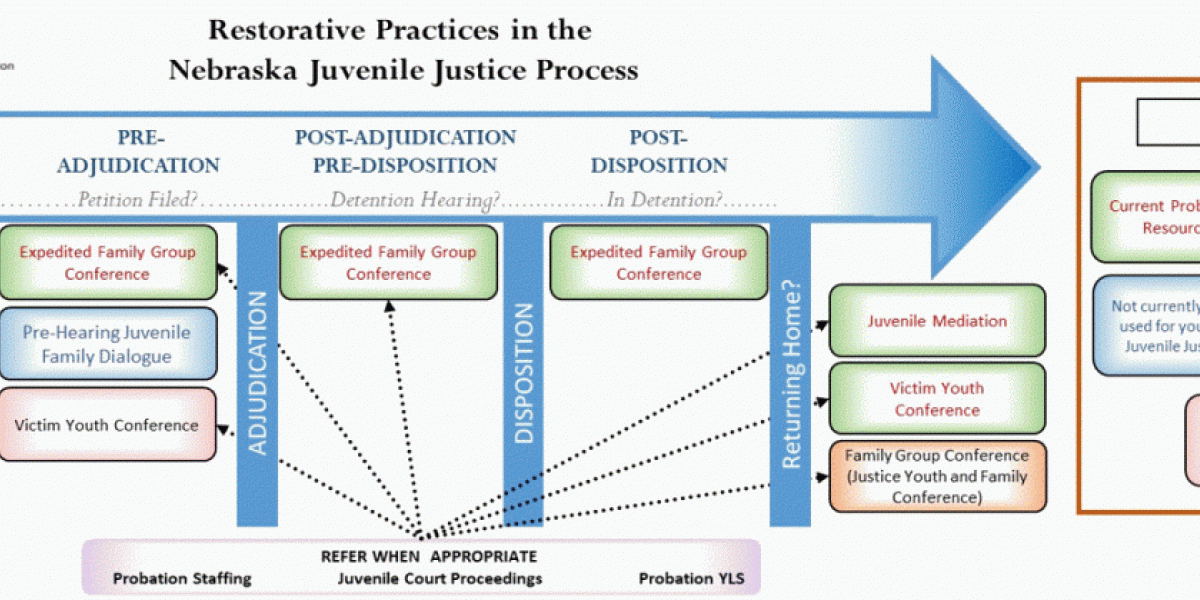Adoption of Restorative Justice Policies
In 2015, the Office of Dispute Resolution (ODR) along with three approved centers piloted a restorative justice process called Victim Youth Conferencing (VYC). VYC is an adaptation of victim-offender mediation, a restorative process that has been available through the centers for many years. The primary shift for the VYC pilot was the focus on youth with referrals available at three different stages – pre-court or pre-diversion (generally referrals come from schools and county attorneys), court diversion, and court-ordered or adjudicated probation.
Based on the success of the pilot, the VYC pilot was expanded to a statewide initiative in 2018. With assistance from the Center for Restorative Justice & Peacemaking, University of Minnesota, VYC procedures developed during the pilot were implemented within the six ODR-approved centers. Additionally, basic and advanced trainings were available to center facilitators.
The culmination of the VYC initiative was the passage of LB595 in 2019 whereas the Dispute Resolution Act was amended to make restorative justice practices available to juveniles and adults throughout Nebraska. Per § 25-2912.02, “[t]he office and the approved centers shall strive to conduct restorative justice programs in accordance with best practices, including evidence-based programs, and shall adopt policies and procedures to accomplish this goal.”
With procedures already in place, the focus turned to developing policy. A working group was created with members coming from the Dispute Resolution Advisory Council and the centers to create the Policy for Approval of Restorative Justice Facilitators and the Nebraska Restorative Justice Facilitator Standards of Practice. The Policy for Approval addresses the approval process and development of a list of approved RJ facilitators, training and education, apprenticeship and mentorship, continuing education, facilitator status, and grievance process. The RJ Facilitator Standards of Practice sets forth eleven ethical standards addressing participation, impartiality, conflicts of interest, surrogates, competence, safety, confidentiality, quality of the process, advertising and solicitation, fees and other charges, and advancement of restorative justice practices.
With a solid foundation of training and implementation of policies and procedures, restorative justice in Nebraska continues to expand. More information on the success of VYC is available through the Annual Evaluation reports, listed under Further Readings on ODR’s Restorative Justice web page.

